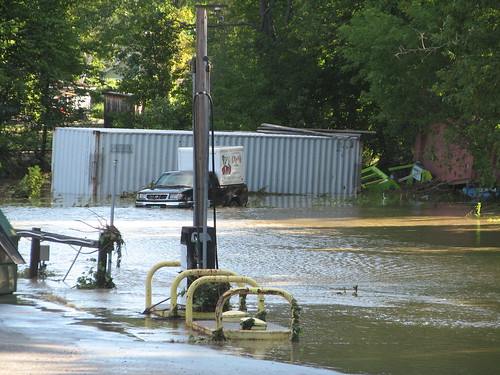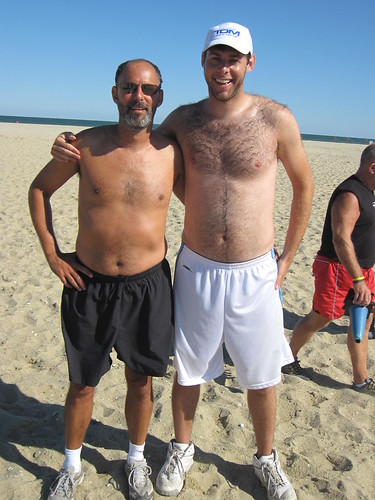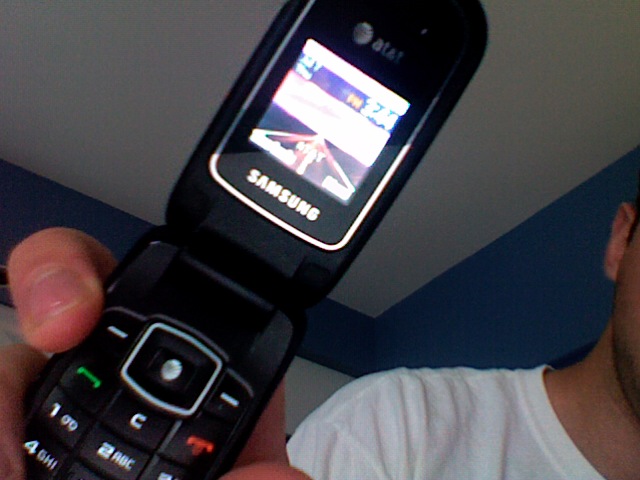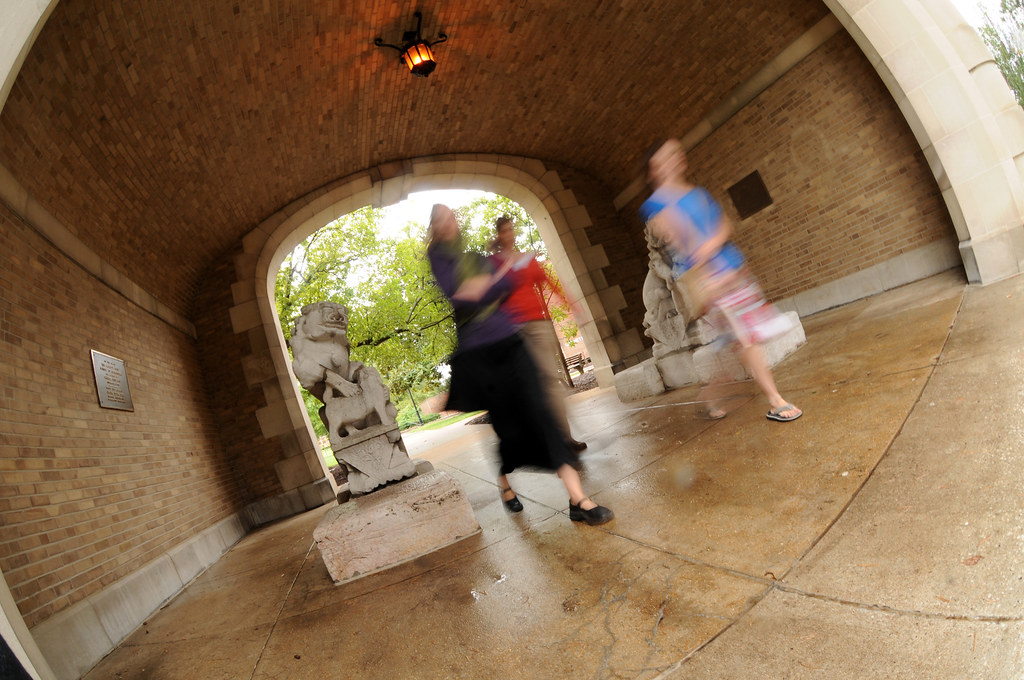
I went out to dinner last night with this girl. She was about my age. From upstate New York. We met via kickball, and I asked her out. Nothing too formal. Kickball romances typically aren’t, I’m told.
But we were on this patio, and it was a nice night, and she had gone through the post-work motions of getting all dressed up, and I suggested we get a bottle of wine. The waiter brought us the wine list.
It was, front to back, no fewer than 15 pages. It must’ve featured 200 wines. Maybe more.
We were lost.
Both of us like wine. Both of us wanted a red wine. And neither of us could figure out if any of the hundred-something red wines available were right for us.
We asked the waiter for help. He spent a full 60 seconds looking through the list before getting flustered and calling in some backup. To find a red wine that wouldn’t max out my credit card, we needed the assistance of the restaurant’s sommelier.
Shouldn’t there have been an easier way?
❡❡❡
What we really needed were fewer choices. We needed a list tailored to the needs of the wine-drinking 24-year-old on a semi-fixed income.
Here’s what a young wine drinker wants:
1. Red or white
2. For under $40
That’s the entire list of characteristics[1. And no screw off tops — it makes us feel like we’re buying a $5 bottle.].
So that eliminates half the wines from last night’s menu. But don’t stop there. I don’t need six malbecs on the menu. I don’t need three pages of cabernet sauvignons.
I want the Kid’s Menu of Wine Lists.
❡❡❡

Here’s what I’m offering you, sommeliers of America: the chance to make a customer for life.
Because I don’t understand wine. I don’t appreciate its subtleties. I like wine, and I’ll happily pay $25 or $30 at a restaurant for nice bottle to share with a date. But when I’m at the liquor store, I buy wine based on how colorful the bottle is. I don’t remember names or tastes or blends.
I remember that I tried the wine with the penguin on the bottle.
But there’s an opportunity here. Because there are lots of young people like me who simply do not know how to order wine. We don’t drink it that often. But we like to seem cultured, and, ideally, there will come a time when I’m on a date and I’d like to be able to point to the menu and say, “Oh, yes! This one! I had this a few months back at _______! This is the one we want.” And she’ll be impressed, and I’ll be happy, and we’ll both end up drunk, and that’s all I can really ask for from a bottle of wine.
So give me limited choices. Offer two wine menus: the Full Menu, and the Limited Selection[2. Please don’t insult us and call it the Young Drinker’s Selection, or the Kid’s Wine List. We do like being treated like semi-competent humans.]. Make it 10 wines. Make every bottle on the menu the same price — $30, $35, whatever. Otherwise, we’ll always choose the cheapest one. Eliminate that distraction.
Make the menu one page, and only one. Give us a full description of each wine. Offer tastings, if we’d like.
And at the end of the night, on the receipt, ask us if we’d like to leave our email addresses, so that you can shoot us details about what we’ve just enjoyed and where we can find it in our neighborhood. A coupon wouldn’t hurt, either.
Point is: Limit our options and make us fans of something new. We 20somethings are loyal. If we like something, we’ll stick with it. And we’ll come back to your restaurant and tell our friends about you, because we’ll have found a place that invited us to experience something new. We like feeling welcome, and we love it when people treat us seriously[3. This isn’t necessarily breaking news, but you’d be surprised at how many adults treat 24-year-olds like we’re 12.].
All we’re asking is for you to help us. We won’t be insulted by a limited wine menu. Hell, we’d probably order more wine if you presented it to us that way. The full menu can be intimidating.
Because I saw the 15-page-long wine menu last night. And on the back jacket cover, I saw the beer selection. There were four beers on it. I knew all their names.
That seemed like something that I could handle.
❡❡❡
You know what ended up happening last night? The sommelier came. He spent 45 seconds deliberating about his selection of red wines. He pointed to a wine on the menu. We ordered it.
It was, to be fair, delicious.
But today, I was relaying this story to my mother. And she asked me a simple question:
“So what wine did you end up getting?”
And I realized: I had absolutely no idea.








 Here is what happens when I hear about news indirectly — basically, when breaking news gets to me secondhand:
Here is what happens when I hear about news indirectly — basically, when breaking news gets to me secondhand: My little sister graduated from college this week. We went down to celebrate graduation with her. We filed into the school’s basketball arena on Thursday. We sat and watch the processional. An orchestra played. A Dean spoke. Hands clapped, and parents ‘Woo-Hoo!’-ed, and mostly, we just sat, unbelievably proud of my little sister.
My little sister graduated from college this week. We went down to celebrate graduation with her. We filed into the school’s basketball arena on Thursday. We sat and watch the processional. An orchestra played. A Dean spoke. Hands clapped, and parents ‘Woo-Hoo!’-ed, and mostly, we just sat, unbelievably proud of my little sister.
